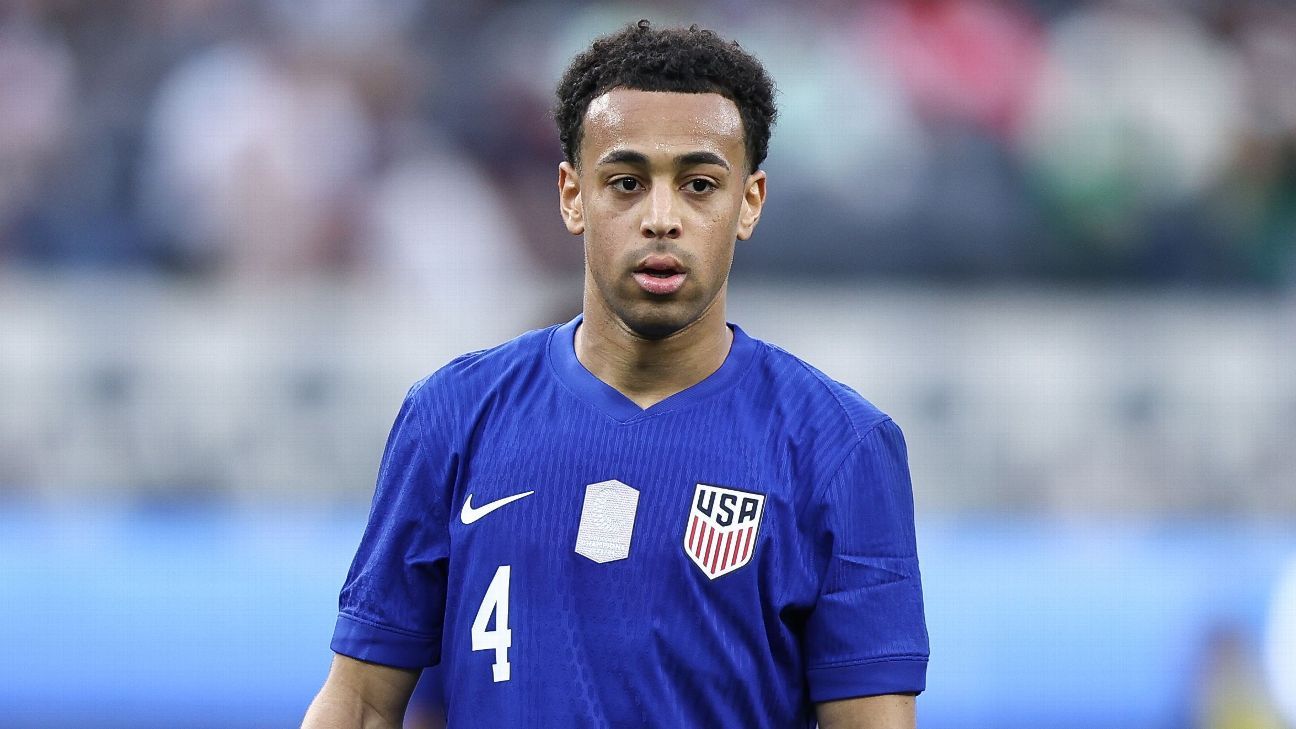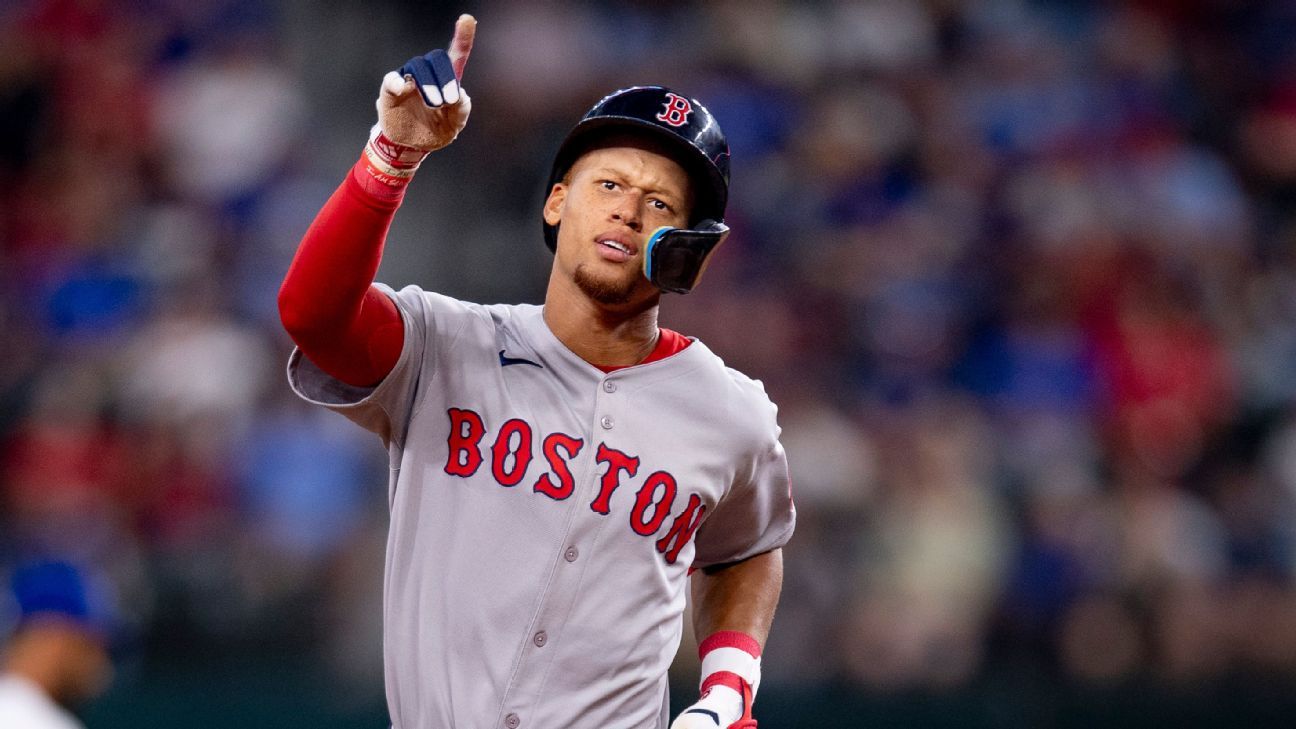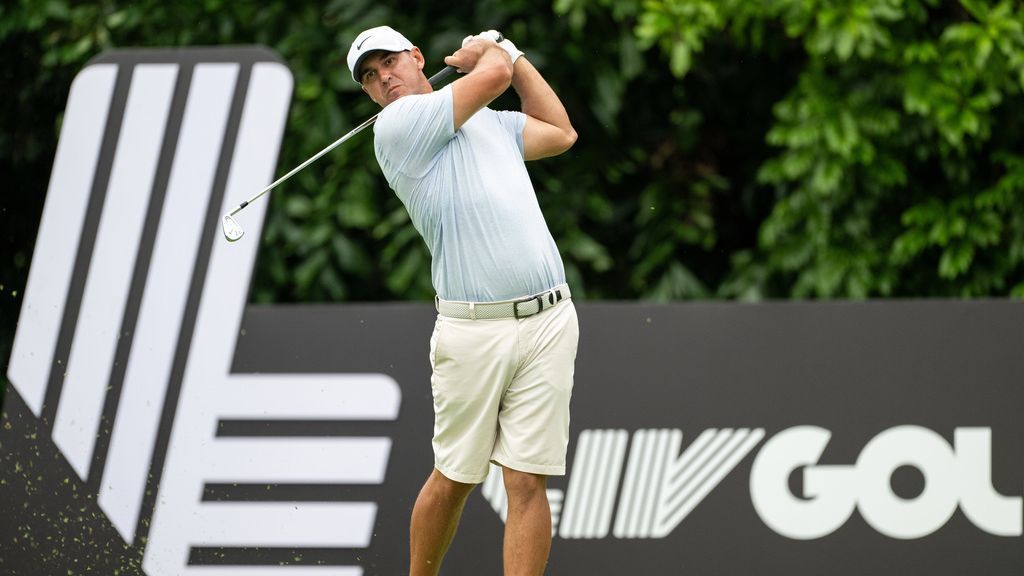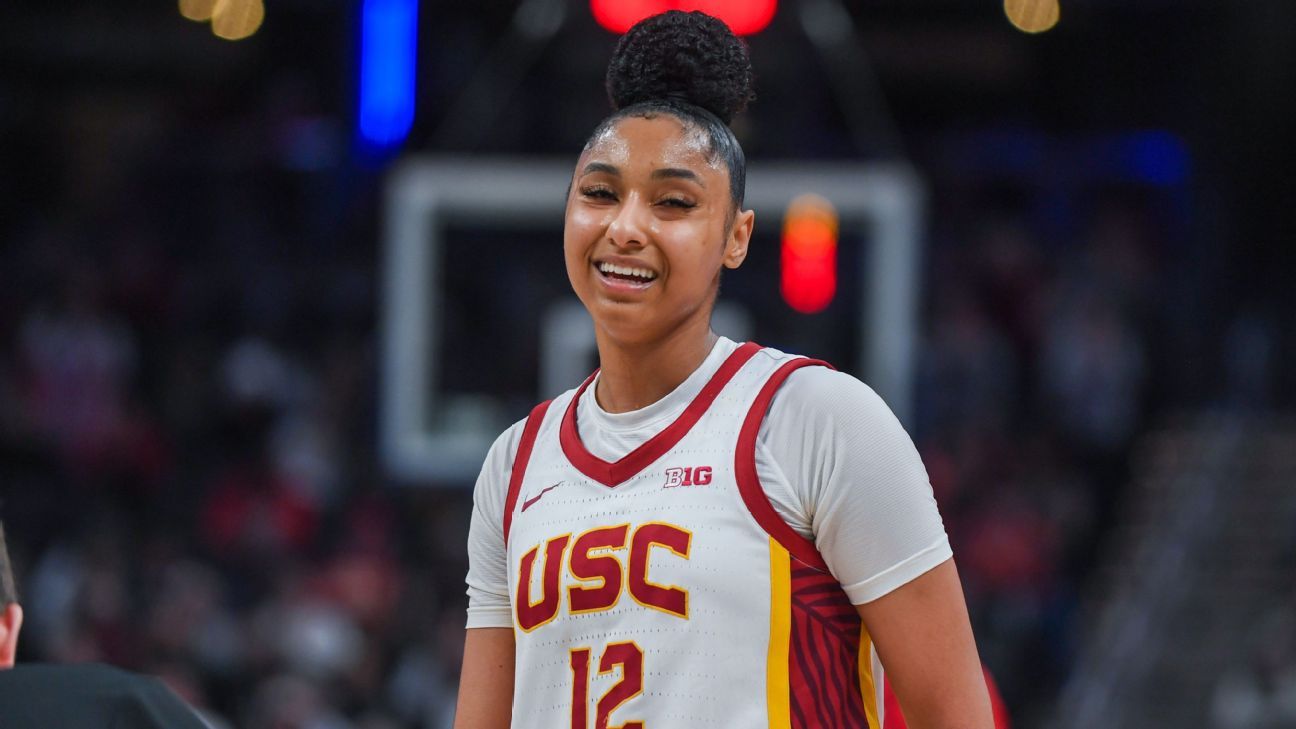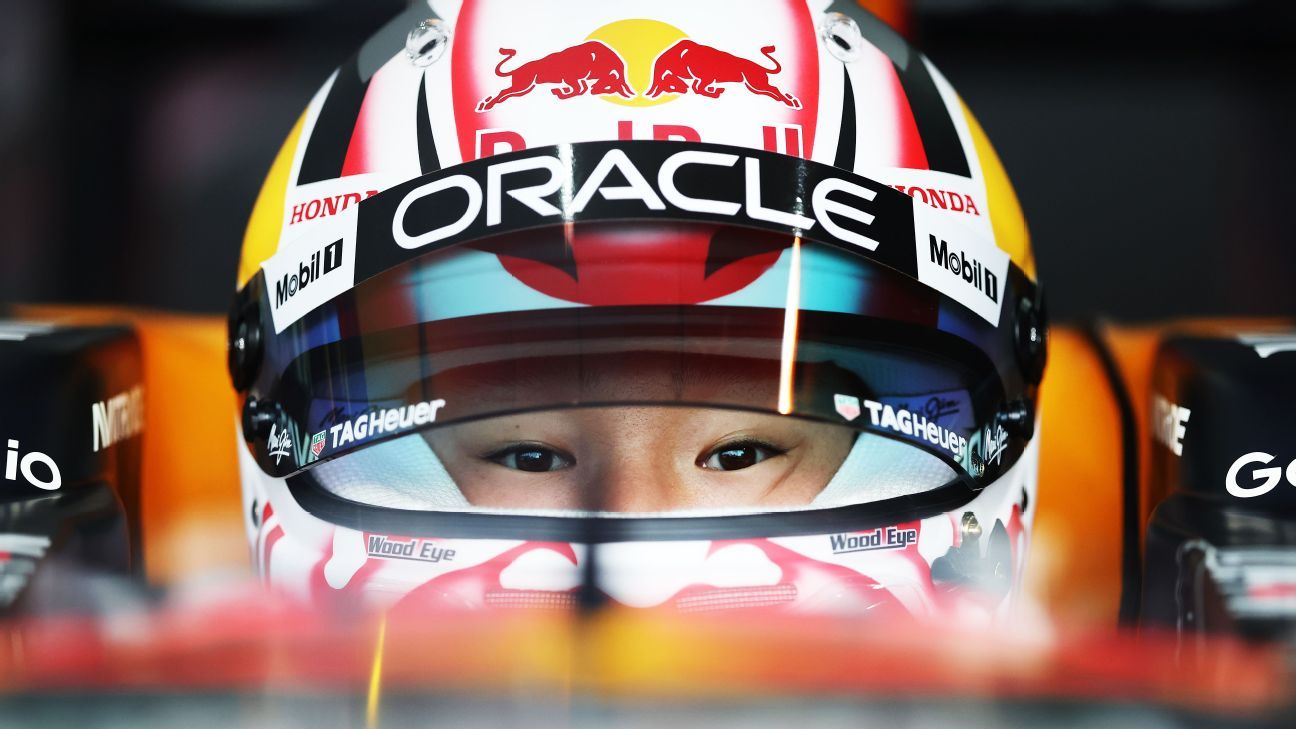
Vermes’ Sporting KC exit marks end of a managerial era in MLS
Sporting Kansas City‘s Peter Vermes era ended on Monday after 15 years and 243 days. It was a reign best remembered by four trophies and one indelible meme. His tenure lasted nearly 20 years if you include his time as technical director. That is a lifetime if measured in soccer years, given the way team owners dispose of managers as regularly as they do soda cans.
Despite Vermes’ long tenure, his dismissal wasn’t a surprise, as his time in Kansas City had been trending downward for a while. An eight-year period of consistent playoff qualification from 2011 to 2018, U.S. Open Cup success, and an MLS Cup triumph in 2013 had given way to campaigns where failure to make the playoffs was more common — three times in the past six seasons.
Vermes had attempted to stave off the inevitable last season by jettisoning longtime confidante Brian Bliss and hiring former New England Revolution GM Mike Burns as sporting director, but there was no appreciable change in the team’s performances. With SKC off to an 0-5-1 start in 2025, there was no way out this time for Vermes.
“On a personal level, one of the hardest things I’ve ever done,” Sporting co-principal owner Mike Illig said of cutting Vermes loose. “It was brutal. It was a heavy moment, but I mean we’re, listen, over the last 20 years, if Peter knew anything, it was a standard and expectation. So although in the moment it was difficult and a hard conversation, it was understood why it was being had.”
In addition to the Vermes epoch ending, another era in MLS is coming to a close as well: that of the all-powerful, all-knowing supremo that acts — unofficially or otherwise — as both sporting director and first-team manager.
One by one, those types of dominant personalities have left the MLS scene with questions as to whether the dual role is too much for one person. Bob Bradley’s spell with Toronto FC ended without a postseason appearance. Ditto for the late Sigi Schmid during his second spell with the LA Galaxy. Only Bruce Arena in San Jose and Gregg Berhalter in Chicago still have the dual role, and it still is to be determined how successful they’ll be.
Vermes, Arena, Bradley and Schmid were titans of the sport in the U.S., with a combined 28 trophies won. The broad disappearance of the dual role speaks to how the league and the weight of being both GM and manager have evolved.
When Vermes started his role as technical director in 2006, there were 12 teams. By the time he took over as manager in 2009, there were 15. The size of the league has doubled since then, with staff sizes increasing along with it given the advent of analytics and sports science.
More pertinent to Vermes’ day-to-day responsibilities, player recruitment took on even more importance. MLS teams have been much more active in the transfer market, both in terms of incomings and outgoings. The increase in teams has brought increased competition. It is in this area where SKC has fallen short in recent years.
In the early years of Vermes’ tenure, he implemented a distinct, physical high-pressing style with an emphasis on American players like Matt Besler and Graham Zusi. As the years passed, however, there were more misses than hits in terms of player acquisitions, if there were any acquisitions at all.
“The fact that we haven’t invested in players for a long time at the club has kept us a little stale,” Vermes said to Sirius XM’s Glenn Crooks in preseason. On Tuesday, Illig took issue with that assessment.
“I never really had a conversation with Peter about that quote, and I would challenge that we haven’t invested,” he said. “And I will say that if and when Peter ever asked for something, he pretty much got it. And in that moment, I don’t know if it was, he meant that in the lack of ownership commitment or willingness to spend, rather than being able to find the right guys for the team.
“And obviously there was a long period in which we were running a search for a sporting director that landed on Mike Burns. I think when Mike Burns came in, there was obviously an assimilation period. And then once he got to work, you see the results of what’s happened. We’ve added quality talent in the team that came with significant investment.”
Over the years there were some transfer wins on the attacking side with the likes of Johnny Russell and William Agada. The acquisition of forward Dejan Joveljic for $4 million in an all-cash deal with the Galaxy was viewed as a massive pickup. On the defensive end, however, SKC’s failures — or inaction — in the transfer market were felt most acutely. In the past three full seasons, Kansas City has ranked 20th, T-15th and 26th in germs of goals against per 90 minutes. Six games into this season, Sporting rank next to last, with 1.8 GA per 90. If there was a recipe for failing to reach the postseason, that level of defensive performance is a primary ingredient.
The club has spent money on the likes of center backs Joaquín Fernández, Dany Rosero and Robert Voloder, as well as holding midfielder Nemanja Radoja. Both Fernández and Radoja are making more than $1 million a year, according to the MLS Players Association, but there has yet to be the kind of payoff that one would expect, even as Voloder, a U22 signing, takes up minimal room on the salary cap.
Vermes’ struggles in recent years are also indicative of how difficult it is to sustain success, even for the best coaches in the game. That Vermes lasted this long is a testament to his managerial ability.
Now Kansas City is moving on from Vermes, and the questions are: Will it evolve structurally to keep up with the rest of MLS? Will it continue to reinvest in players? Both questions have to be answered in the affirmative, even though this is now the purview of Burns, and to a lesser extent, interim manager Kerry Zavagnin.
It’s still unclear how this will shake out, though. Illig said that the club was employing two search firms to conduct a “global search” to find a director of soccer and a first-team manager, although he told Zavagnin it’s “his job to lose.” Illig’s comments didn’t bring much clarity to Burns’ position going forward.
“Peter was a unicorn in that he literally had his hand in every single aspect of what we call the Sporting Player Enterprise,” Illig said. “So it is going to take a little while to unravel that, and as a unicorn I think it’s unrealistic to look for someone to do the all-encompassing job. So yeah, it’s going to be a division of responsibilities there.
“Peter’s all we’ve ever known, we’ve been in the business for 20 years and here we are with our first head coaching change. So I’m learning through this process, I’m going to take my time, get it right, and I want to see what’s out there.”
Illig will need to hit a bullseye with his selections, otherwise, Kansas City will find itself miles away from the league’s elite, and the tenure of the new manager will be far less than 15 years.





